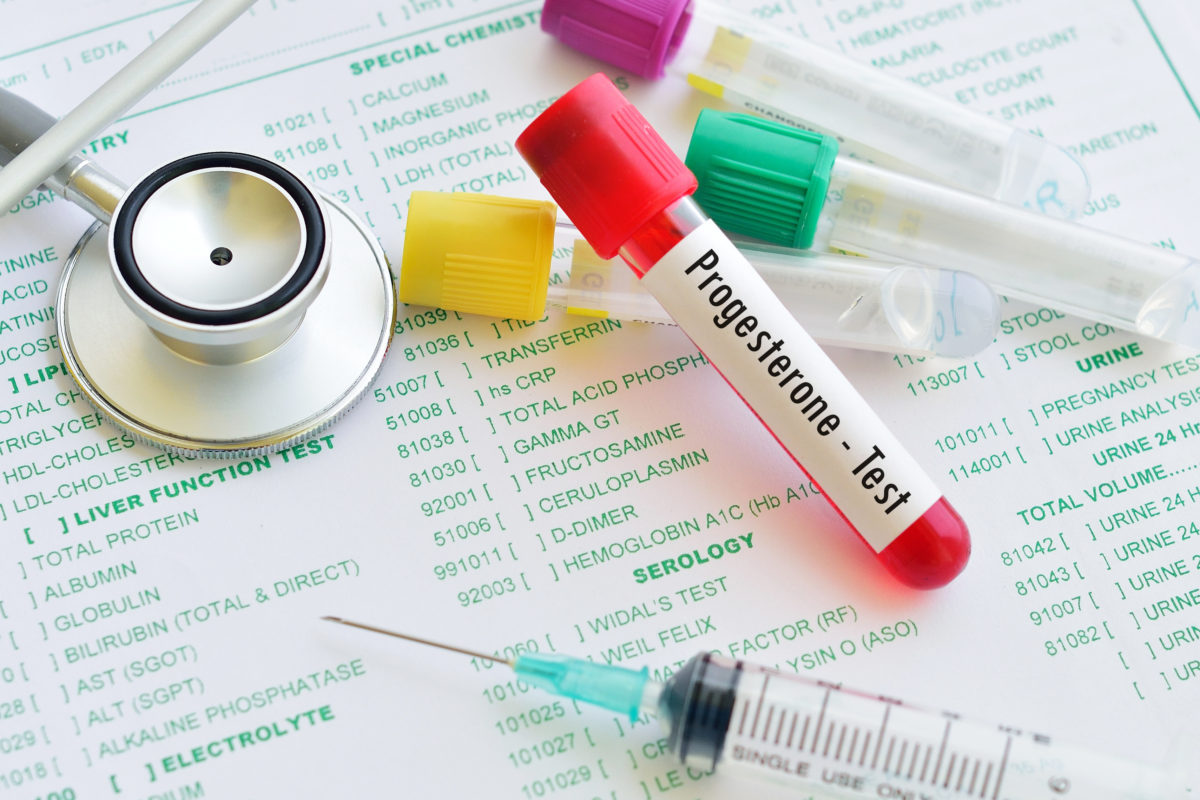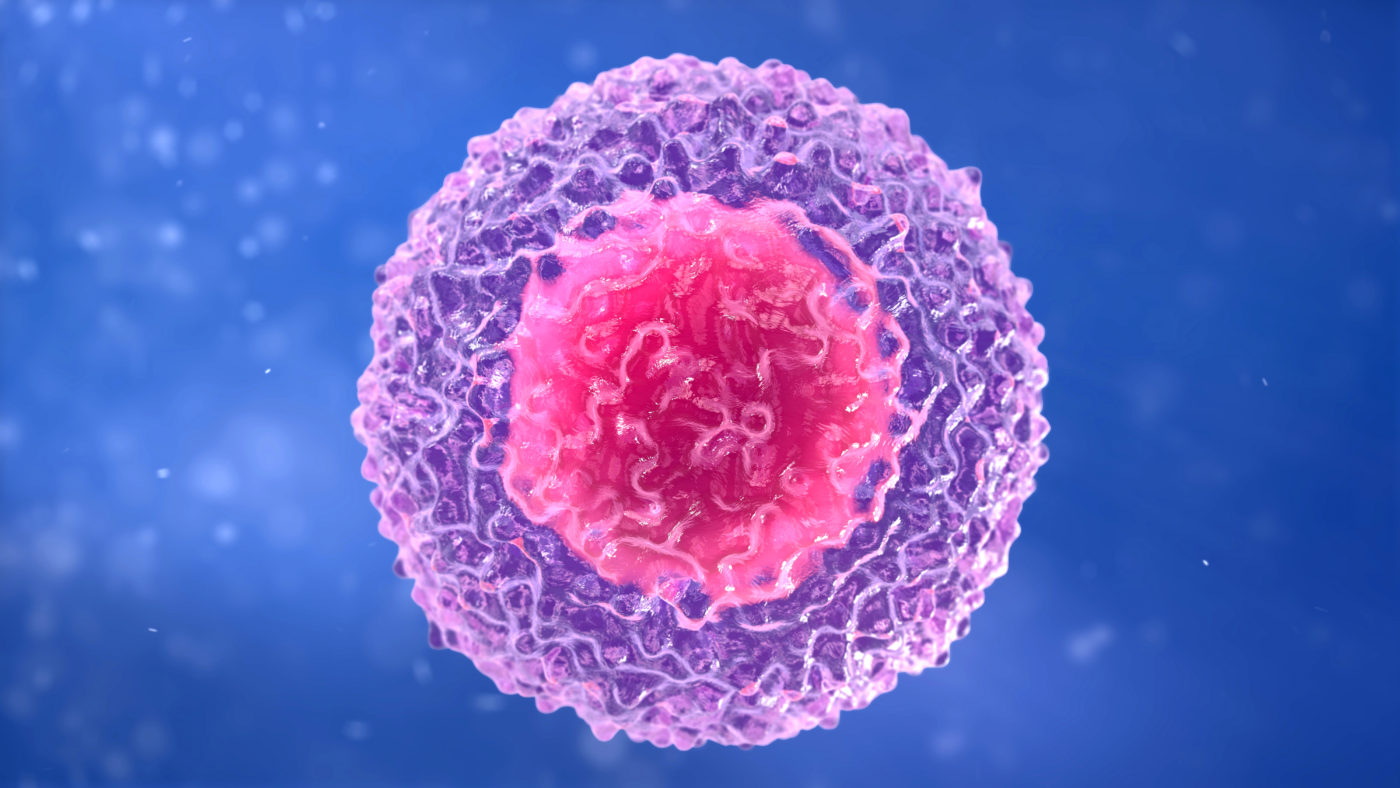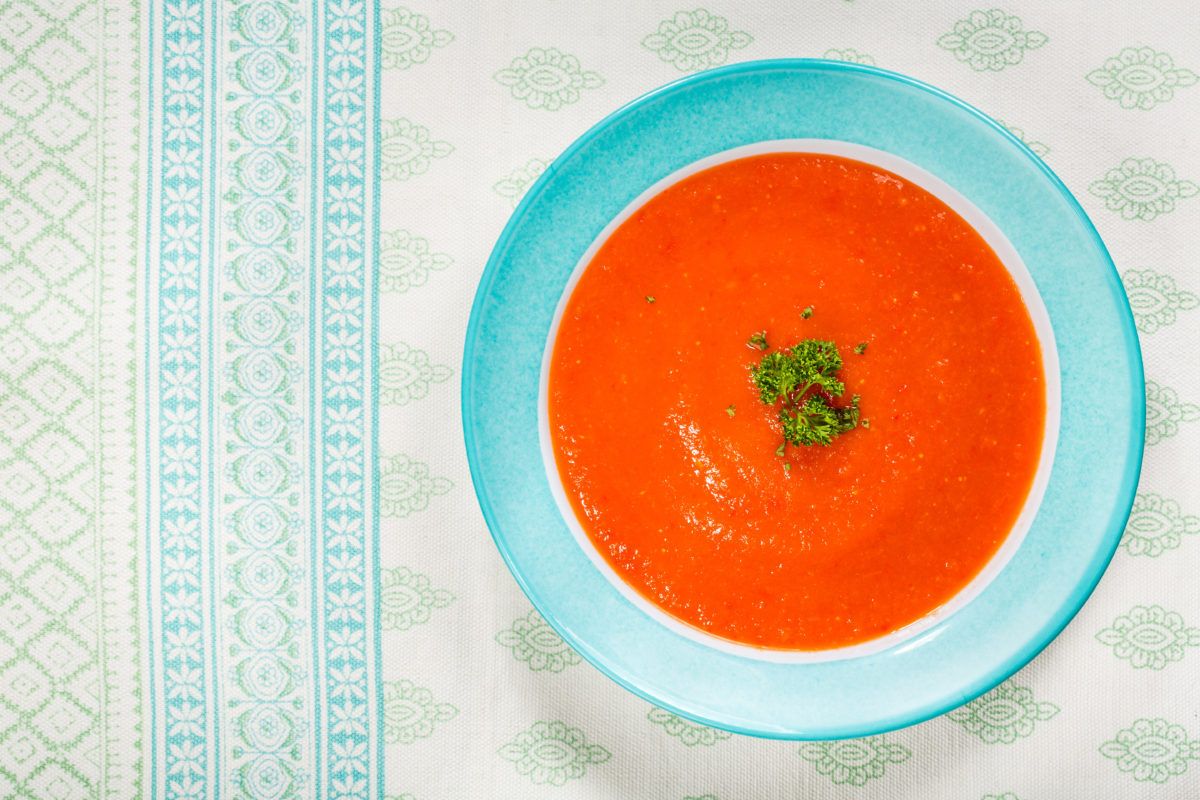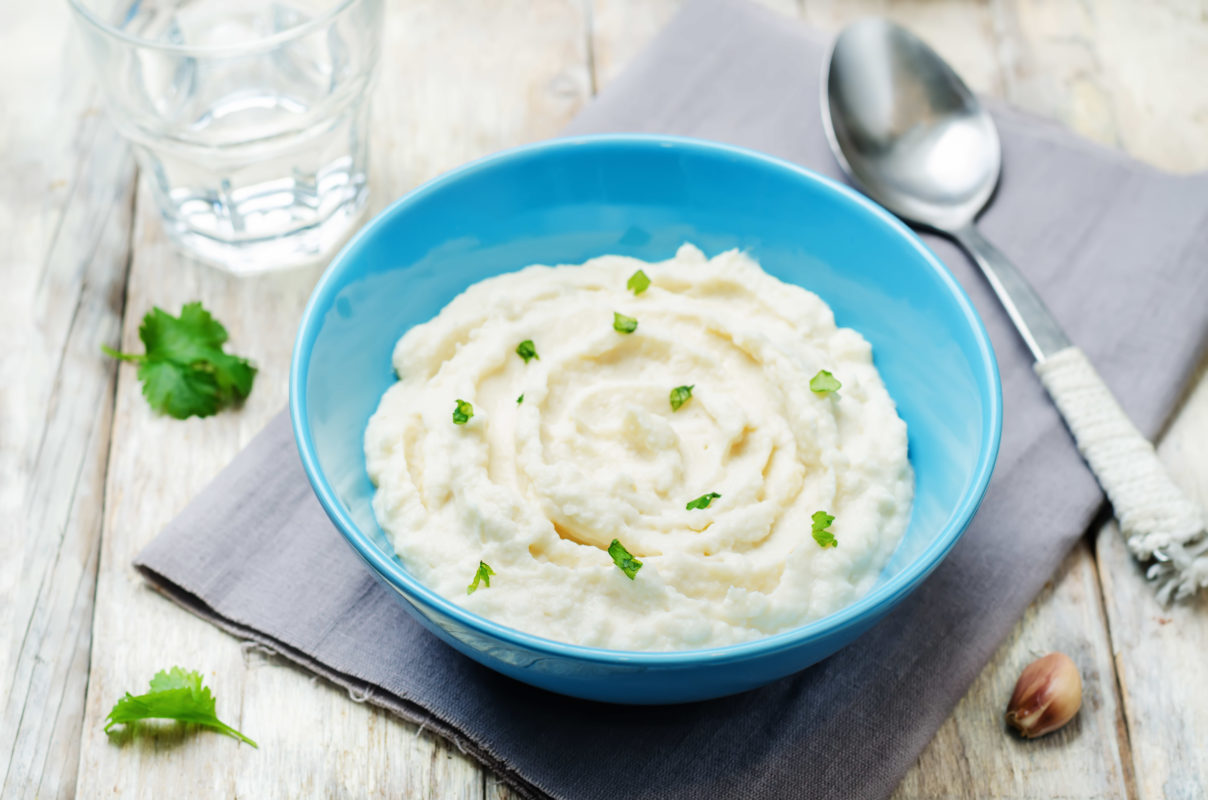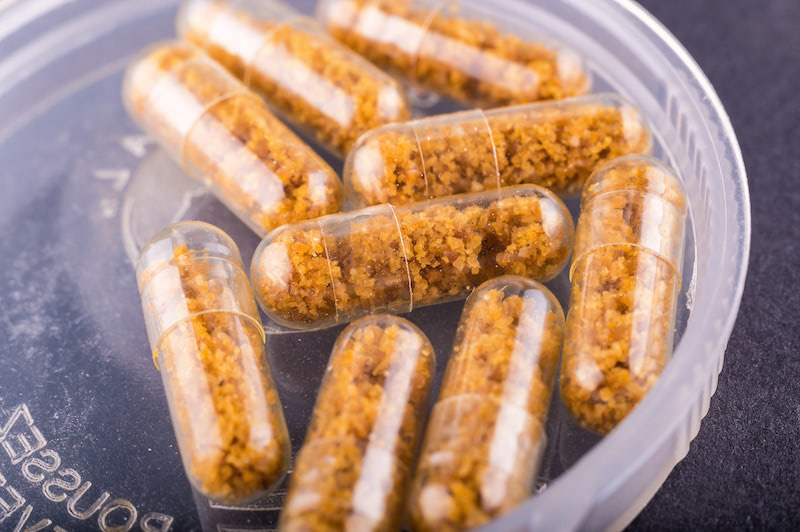BLOG
Knowledge, like food,
is powerful medicine.
Topics
- View Topics
A study using the Chinese baby birth cohort found that women who took progesterone before 14 weeks of gestation are at a higher risk of C-section and developing post-partum depression, with no actual reduction in preterm birth risk. Progesterone is a hormone used to reduce the risk of preterm birth, support the fertilization process, or to increase babies’ […]
First results are in! Researchers using a birth-cohort of 33,000 Chinese babies have released impressive findings already, just 6 years after the start of the cohort. Scientists found that exposure to incense burning, a practice common in southern China, increases hypertension risk in pregnant mothers. Nature →Takeaway: Exposure to fumes and chemicals during pregnancy may be risky for both […]
Non-nutritive sweeteners, or artificial sweeteners including Stevia, have bacteriostatic effects that prevent gut bacteria from reproducing and increase Firmucutes in mice. PLOS →Takeaway: Eliminating non-nutritive sweeteners from the diet is an important step in improving microbial health. Even Stevia can be problematic, although derived from a natural source. If you feel the need to sweeten a beverage or […]
Beneficial gut bacteria help determine our ability to fight off infection, but how? Scientists discover that gut bacteria communicate with immune cells and cells lining the intestinal wall to regulate the immune system’s response to infection. Beneficial gut bacteria are responsible for attaching to the intestinal wall and signaling the cellular production of IL-10, a cytokine […]
This chilled Middle Eastern tomato-based soup is refreshing, spicy, and flavorful, and it can also be made in advance and served on a warm summer day. You get the perfect combination of spices that offer anti-inflammatory benefits along with a huge dose of lycopene from the fresh tomatoes. SERVES 4 Ingredients 4 cloves garlic, minced […]
Overnight oats are a great option when you need a handy breakfast to go but you still want to eat according to the Live Dirty, Eat Clean Lifestyle. Add omega-rich chia seeds into the mix, and you have an easy-to-make, portable breakfast. Combine the ingredients in a jar at night, then in the morning top […]
Ultra-processed food and drinks (fish sticks, chicken nuggets, cookies, sweetened drinks, etc.) increase the risk of irritable bowel syndrome (IBS) and functional dyspepsia (FD or chronic indigestion). A recent French study analyzed dietary data from over 33,000 participants and found that approximately 16% of food consumed (by weight) was made up of ultra-processed foods, which account […]
Prebiotic supplementation could replace the low FODMAPs diet as a treatment for functional gut disorders (IBS, constipation, functional dyspepsia, etc.). A 4-week study compared the effects of a prebiotic supplement plus Mediterranean-type diet, versus a placebo supplement plus low FODMAP diet for 2 weeks. Fecal microbiota composition, intestinal gas production, and digestive sensations were measured outcomes. […]
Who doesn’t love a heaping scoop of “mashed potatoes” to complement dinner? Loaded with nutrients and flavor, this cauliflower version will fill you up without filling you out. Serves 4 to 6 Ingredients 1 head cauliflower, cut into small florets 2 tablespoons olive oil, clarified butter, or ghee, plus a drizzle to cook the garlic […]
Scientists studied the sex-based differences in the intestinal barrier function and gut microbiome of 23 volunteers administered indomethacin (NSAID most commonly prescribed for rheumatoid arthritis and gout). At baseline, healthy women showed lower intestinal permeability and higher microbial diversity than healthy men. While indomethacin increased intestinal permeability in both sexes, only women experienced decreased diversity in […]
If you’re currently on a ketogenic diet (keto) or considering one for weight loss or to improve overall health, there are important things to consider. Creating the right environment to reach ketosis varies across individuals and without working with a doctor or nutritionist it’s nearly impossible to know if you’re in ketosis. In addition, to properly […]
Common stool processing techniques (such as freeze thawing or blending in oxygen) for fecal microbiota transplantation (FMT) may significantly reduce efficacy of the procedure. Using a process called PMA, which differentiates between dead and live bacteria and discards the DNA data for dead bacteria, scientists found that even when using the best stool processing protocols available, […]

